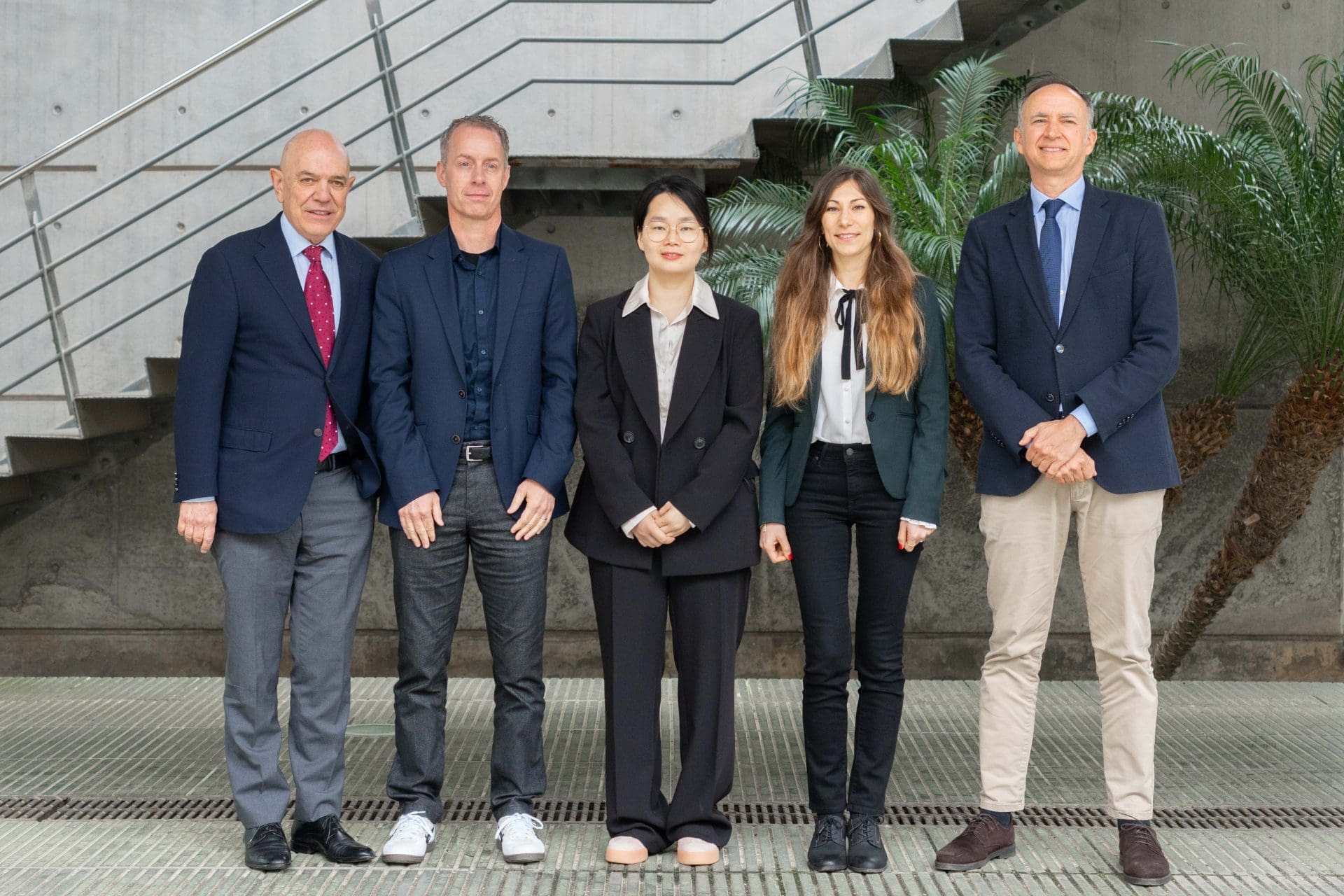Moltes felicitats, Dr. Martí!
Àlex Martí, a PhD student who is under Prof. Antonio M. Echavarren supervision, has successfully defended his PhD thesis
17th January 2025 – Àlex Martí, a PhD student who is under Prof. Antonio M. Echavarren supervision, has successfully defended his PhD thesis entitled “Gold(I)-Catalyzed Transformations with Bifunctional Ligands and the Synthesis of Daucane Natural Products ” publicly on Friday,17th January.
The members of the evaluation committee were Prof. Sergio Castillón (URV), Prof. Mercedes Amat (Universitat de Barcelona) and Dr. Carla Obradors (Jansenn, Belgium).
Àlex Martí was born and raised in Camarles, a small town in the Baix Ebre region of Catalonia. He graduated in Chemistry from the Universitat Rovira i Virgili (URV) in Tarragona in 2019 and then joined ICIQ to pursue his Master’s and PhD thesis in the group of Prof. Echavarren.
He began his PhD with a FI scholarship, which funded the first three years of his research. The following year, he secured an FPU scholarship, which extended funding for the full four years of his PhD. Additionally, as part of the FPU funding, he obtained support for a six-month research stay in the Hartwig lab at the University of California, Berkeley (USA).
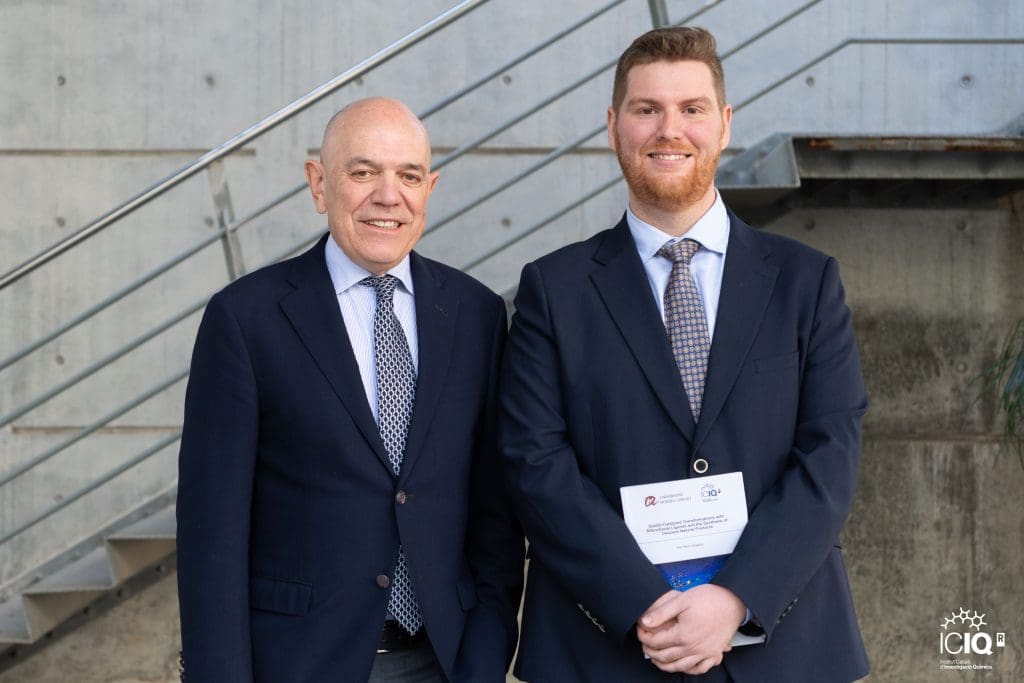
Why did you become a scientist?
I had always been a very curious kid about how everything around me works and why some phenomenon happen. I was specially curious about what happens inside us, what makes us move and essentially what makes life. I believe that by doing research in chemistry you can get to understand the atomic scale reasons of everything and I think that is fascinating.
What do you want to achieve as a scientist?
I would love to do research that makes an impact in society, help developing new drugs or treatments for diseases.
What is your thesis about?
My thesis is about the design of novel bifunctional ligands for gold(I) catalysis by introducing hydrogen bond donor units in their scaffold. I worked on the introduction of (thio)urea/squaramide motifs on ligands that enabled a novel approach for performing silver-free and enantioselective gold(I) catalysis. I also worked on the synthesis of some members of the Daucane family of natural products.
What triggered your interest for the subject of your thesis?
At the beginning we wanted to develop a new tool for self-activating gold(I) complexes that wouldn’t need the addition of exogenous activators. However, we then realized that the same type of complexes that allowed to remove chloride anion from gold’s coordination sphere, should be able to remove a chiral ligand as well, which allowed us to perform asymmetric gold(I) transformations with excellent levels of enantioselectivities in multiple reactions.
What applications can your thesis have in the future?
We developed a novel approach in enantioselective metal catalysis that I think can open the door for new designs for catalytic systems and for the development of new reactions.
From the lessons learnt (or skills developed) at ICIQ, which one do you value the most?
I would say team work is a great skill. One alone cannot know everything and it is very important to lean on your peers when facing a challenge.
What ICIQ moment you´ll never forget?
The moment me and a labmate, after a whole day of work and several failed column chromatographies, realized that someone had mistakenly swapped the 30L cyclohexane barrel with the acetone one. The moment we saw that, we simply started laughing.
What will you miss the most from ICIQ?
The coffee breaks, the laughs in the lab and the friends I made along these years.
What do you wish you had known at the beginning of your PhD?
Learn how to simplify complex ideas. It’s a given that you will encounter complex ideas as you go on your PhD journey. When you do, don’t dive straight into it, seek resources that break down these ideas into simpler forms. Once you understand the basics, then you can build on it with the more complex material that you often find in publications.
What advice do you have for someone who’s starting their PhD now?
I would say to have patience and resilience and ask away. Do not fear failure, it is part of the journey and it is as important as success. You can learn more from a reaction not working than one that works on a first try. It is normal to feel overwhelmed at the beginning of the PhD, it’s a lot to take in. However, it will get better, you will meet a lot of people along the way, try to learn a bit from them all.
Have you ever been emotional over an experiment/simulation? Why?
Yes, of course. Even if you do not want to get emotional because this is work it is difficult to not feel powerless after months of work and nothing working. However, even if very occasional, the feeling when something does work, or when you are able to close a project, is great, you feel accomplished.
Who/What has been your biggest influence/motivation?
My parents are my biggest influence, they showed me that resilience is very important and that I can achieve anything if I set my mind into it. As the saying in Spanish goes: “el que la sigue la consigue”.
What is your favourite molecule?
Since part of my thesis was the synthesis of natural products I should say that aspterric acid is my favorite molecule as it’s one of the natural products I synthesized myself.
If you were a piece of lab equipment, what would you be?
I would be an autoclave because it can reach high pressures without falling apart.
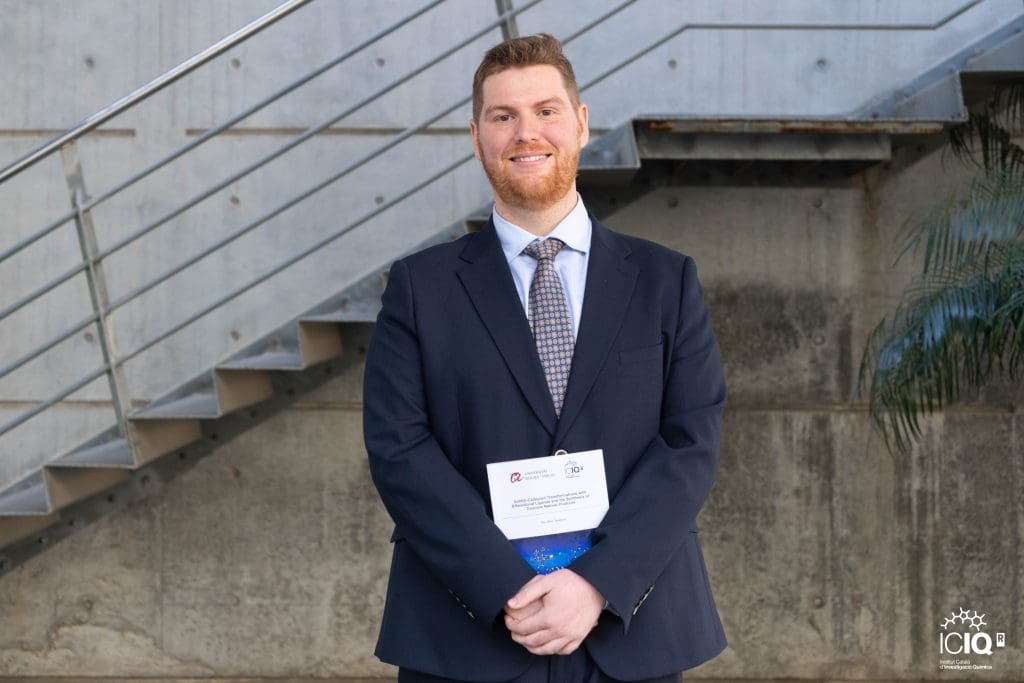
Related news

Let's create a brighter future
Join our team to work with renowned researchers, tackle groundbreaking
projects and contribute to meaningful scientific advancements
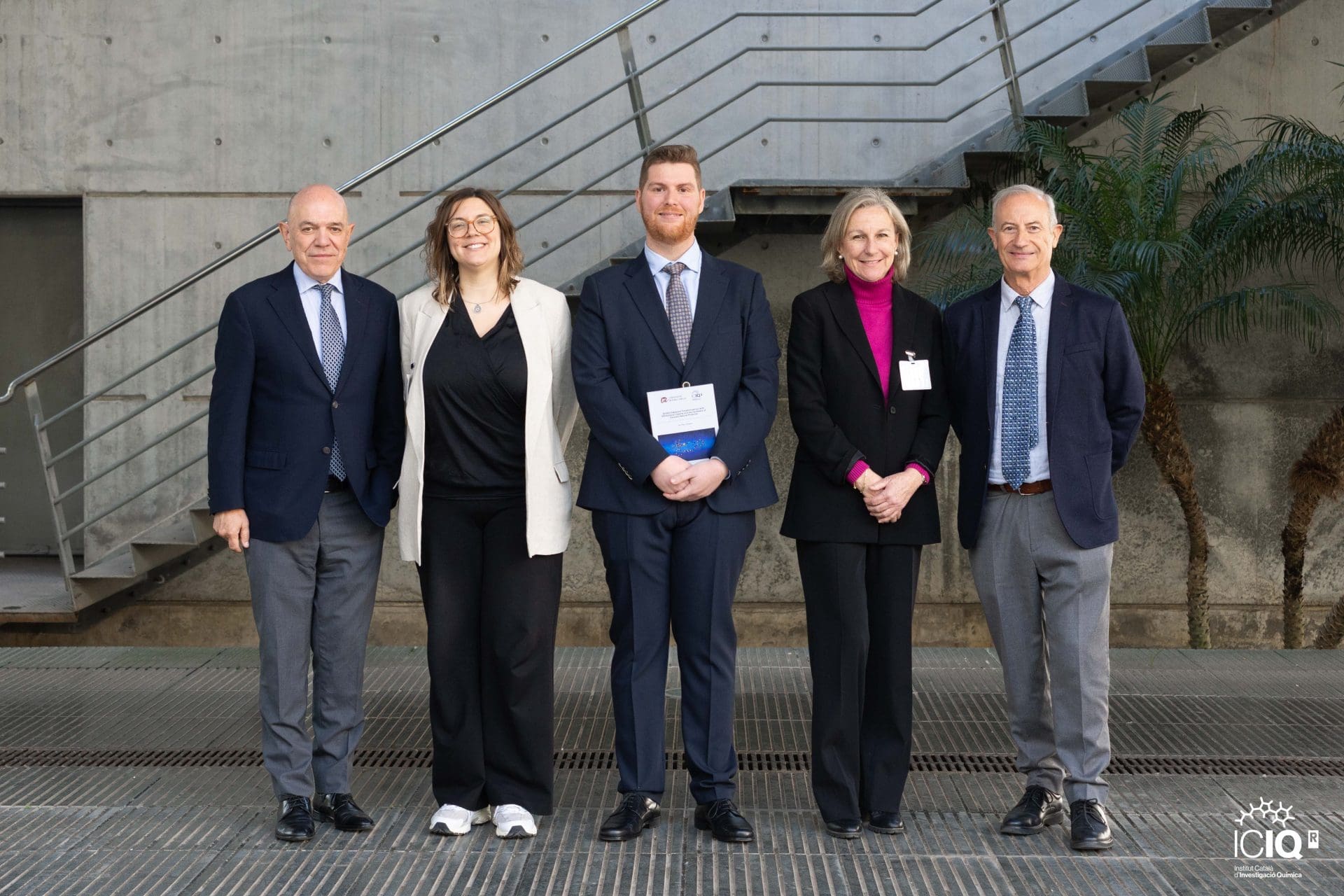





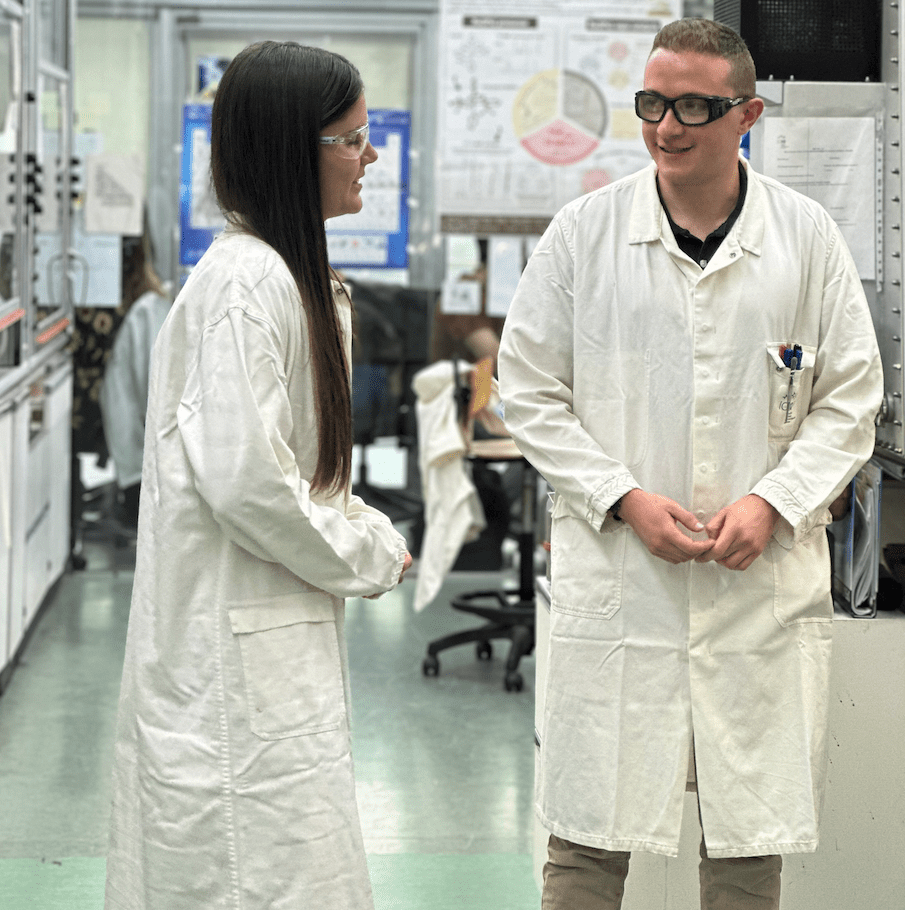
 14-03-2025
14-03-2025 
